
This is a new Knowledge Transfer Network that was launched in November 2016. The network now has just under 400 members. Around 70% are business, 20% are from universities and research centres, 5% from government or public sector backgrounds, and a further 5% from not-for-profit and cultural organisations.
Over 100 people from across those groups came to the first members’ meeting on December 7th at the Digital Catapult. Following presentations from some of Immerse UK’s founding partners as well as two of the key platform providers (HTC and Holovis), there was a series of roundtable conversations about the priorities.
The key topics identified as ones where Immerse UK can make a difference are:
– access to finance, funding and investment
– content, production and user experience
– connecting industry and universities (skills and research)
– industrial applications
– mapping activity in the UK
Access to Finance and Funding
Immerse UK will work with investors and funders in the UK and other countries to make them aware of the opportunities and needs of SMEs building businesses on the applications of VR/AR and other immersive technologies across a range of markets. As well as advising public sector agencies such as Innovate UK and Horizon 2020, where we’ve already had significant success, we’ll work to connect members with angels, VCs, and commissioners.
An event is being planned with VCs for the first quarter of 2017 in collaboration with PwC; we’ll send out more information about this early in the New Year. Immerse UK are also working with a European network, the NEM Initiative, to explore the feasibility of establishing a pan-European network of financiers focussing on VR/AR.
Mapping Immersive activities in the UK
One of the objectives of ImmerseUK is to map current expertise and activities related to VR/AR technologies. This map will support understanding of current UK expertise and facilities, to help companies gain access to the support they need, and also to link members.
Immerse UK would ideally like to create a web-based map to show the following information for each member: academia/industry; VR/AR facilities; application areas; expertise; sector; etc. and also to provide a search facility. The map must be: 1. easy to update/populate; 2. accessible; 3. visually attractive; and 4. easy to understand and use. If anyone has such expertise, or has experience of creating/using a suitable off-the-shelf software, please contact glyn.lawson@nottingham.ac.uk.
Content, Production and User Experience
Two main themes were raised in the members’ discussion around content: standards and “how can AV/VR be explored to the boundaries of its potential experience, rather than using the grammar and content of games, web or 2D content”. What are the specific affordances of AR and VR that are more than the sum of the parts from TV, Film, Games and internet?
In the conversation around production, issues raised included the reduction of costs, and the need to educate and engage content providers working in other media.
The working group in this area is also being co-ordinated by the Digital Catapult and KTN. If you are interested in being involved in the development of this please contact Frank Boyd at the KTN 07964 563152
@frnboy
Connecting industry and academia (skills and research)
Universities were well represented at the meeting and Immerse UK continues to attract members from across academia. Glyn Lawson from Nottingham, who has submitted a bid to the EPSRC to fund networking across the academic community and between universities and business, is also leading the working group for this activity. If you would like to be involved in this aspect of the programme, please contact him: glyn.lawson@nottingham.ac.uk.
Industrial Applications – co-ordinated by IET and High Value Manufacturing Catapult
The discussion on industrial applications of vr and related technologies was hosted by Ahmed Kotb who co-ordinates the IET’s Applied Visualisation Community. The IET will be working with the High Value Manufacturing Catapult to lead much of Immerse UK’s activity in this area.
Immerse UK are currently collaborating on an Applied Visualisation Forum which will be held at the British Motor Museum on January 26th. The forum will encourage those working in the field of visualisation and virtual reality (VR) to share their expertise, good practice, hardware and software advances and application in VR, Augmented Reality (AR) and Data Capture and Visualisation.
Immerse UK are also in the early stages of planning an event focused on the construction industry which is likely to be held in April or May 2017.
Communications
We’ve now completed the first iteration of the Immerse UK website, established groups on LinkedIn, a Facebook page, and a presence on Twitter. Please do join these groups and contribute to the conversations in them.
If you have news about activity or events that you’d like to share with the Immerse UK community, please send it to Frank Boyd or to fiona.kilkelly@ktn-uk.org.
Innovate UK funding
Innovate UK is launching two new competitions for funding in the New Year which may be relevant to Immerse UK members.
1. Design Foundations
This new competition aims to support businesses in identifying high-value innovation opportunities and generate propositions for new products, services and business models. It is open to any UK company, regardless of size or sector and will provide up to £70,000 of project funding to help you address key business challenges.This programme runs for the whole of 2017. If it sounds of interest, do register for the launch event which is on 17 January 2017. You’ll get further insight into how to apply and you can also network to find the right collaborators, if you don’t already have someone in mind. There are further rounds in May and August so these may be appropriate if you need more development time.
Further details on the programme are on KTN’s website.
2. Transforming products and services
Innovate UK has up to £15 million to support the best business-led and innovative ideas for new products, processes and services. This competition is the second of 2 annual Innovate UK open competitions that support good ideas with market potential from any technology area.Projects that are likely to lead to a sustainable growth in productivity or access to new overseas markets will be given priority.
More information can be found here.
Events:
Immerse UK members are organising a number of events over the next few weeks.
The newly opened Realities Centre is launching a programme of conferences including:
EdTech Conference, Jan 19th – London
EdTech Hackathon – Jan 21/22nd – London
You may also be interested in:
VR Connects London conference, 16th-17th January 2017
More information can be found at here.
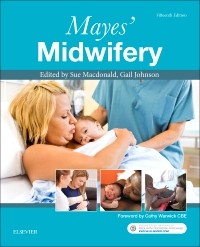 This month has been exceptionally good for BU publications in the field of midwifery and maternity care. Two PhD students has their articles published in international academic journals, one member of staff had a textbook chapter published, an interdisciplinary team has been accepted for publication in the British Journal of Midwifery, and a member of the Centre for Midwifery, Maternal & Perinatal Health (CMMPH) co-authored this month’s editorial in the Journal of Asian Midwives as well as an epidemiology paper on the HPV (Human Papilloma Virus) in Nepal.
This month has been exceptionally good for BU publications in the field of midwifery and maternity care. Two PhD students has their articles published in international academic journals, one member of staff had a textbook chapter published, an interdisciplinary team has been accepted for publication in the British Journal of Midwifery, and a member of the Centre for Midwifery, Maternal & Perinatal Health (CMMPH) co-authored this month’s editorial in the Journal of Asian Midwives as well as an epidemiology paper on the HPV (Human Papilloma Virus) in Nepal. 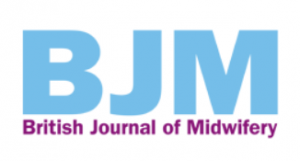
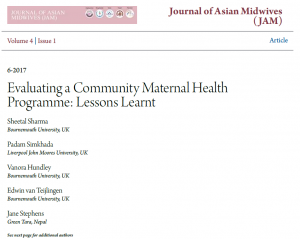
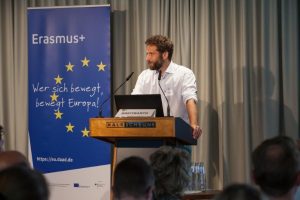






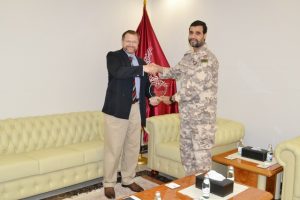
 Universities UK have published
Universities UK have published 
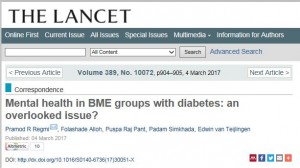
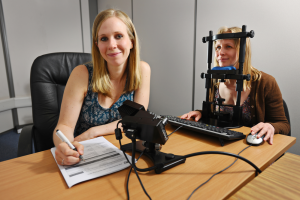
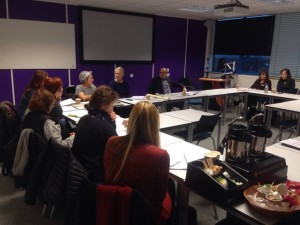

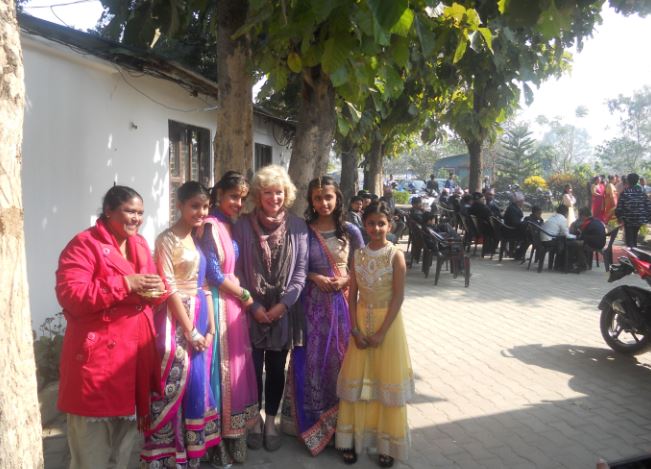
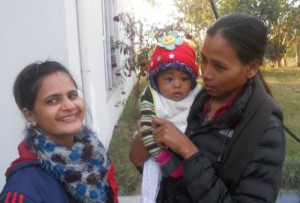
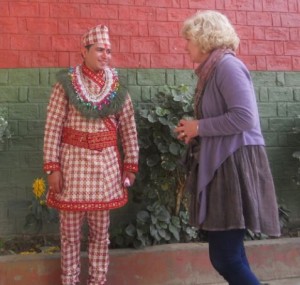
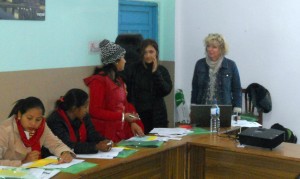
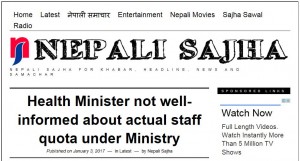
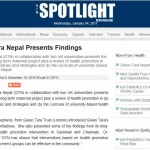
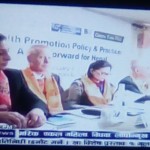
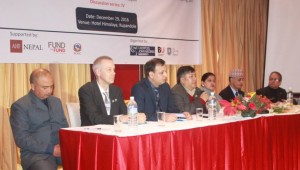
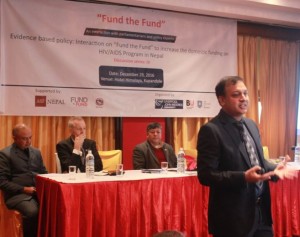
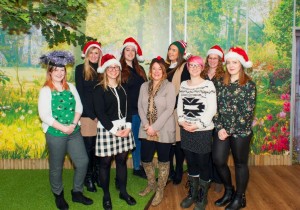












 REF Code of Practice consultation is open!
REF Code of Practice consultation is open! BU Leads AI-Driven Work Package in EU Horizon SUSHEAS Project
BU Leads AI-Driven Work Package in EU Horizon SUSHEAS Project Evidence Synthesis Centre open at Kathmandu University
Evidence Synthesis Centre open at Kathmandu University Expand Your Impact: Collaboration and Networking Workshops for Researchers
Expand Your Impact: Collaboration and Networking Workshops for Researchers ECR Funding Open Call: Research Culture & Community Grant – Apply now
ECR Funding Open Call: Research Culture & Community Grant – Apply now ECR Funding Open Call: Research Culture & Community Grant – Application Deadline Friday 12 December
ECR Funding Open Call: Research Culture & Community Grant – Application Deadline Friday 12 December MSCA Postdoctoral Fellowships 2025 Call
MSCA Postdoctoral Fellowships 2025 Call ERC Advanced Grant 2025 Webinar
ERC Advanced Grant 2025 Webinar Update on UKRO services
Update on UKRO services European research project exploring use of ‘virtual twins’ to better manage metabolic associated fatty liver disease
European research project exploring use of ‘virtual twins’ to better manage metabolic associated fatty liver disease